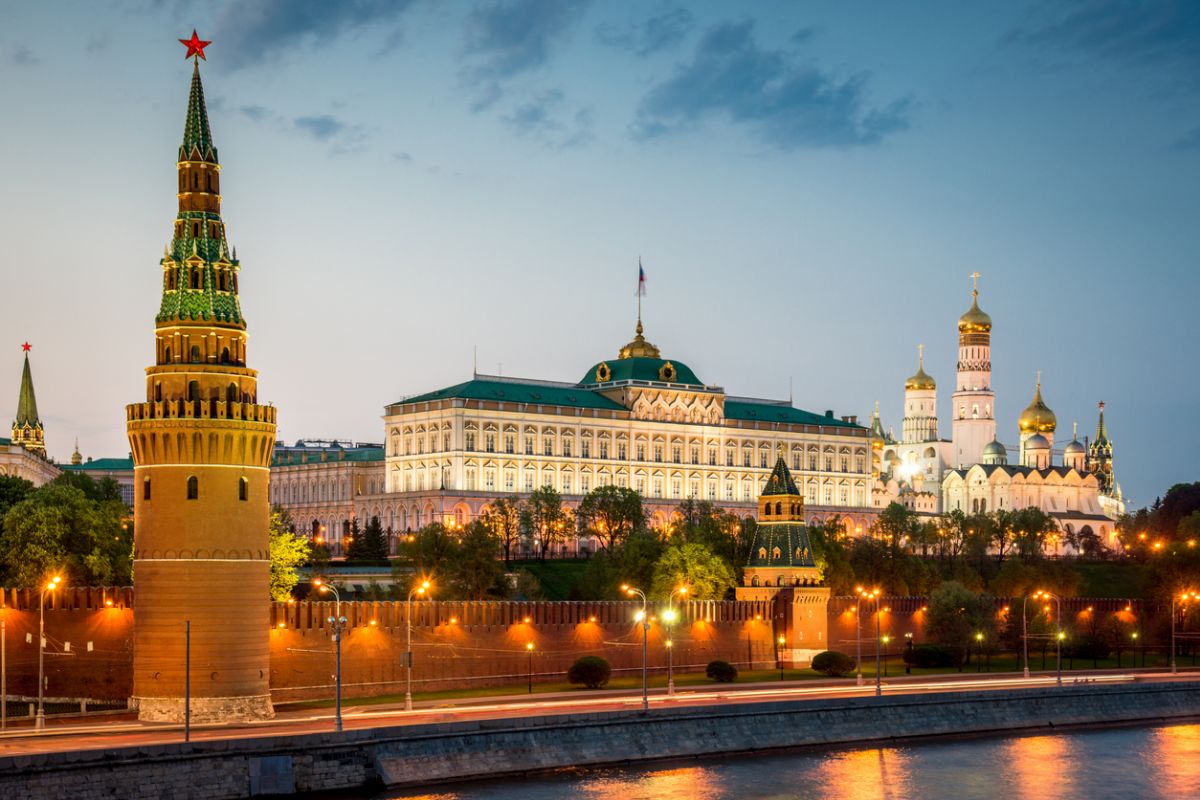The Kremlin, the fountain-head of authority from the heady days of the Soviet Union to today’s Russia, has suffered a critical setback in Sunday’s local elections in Moscow. Vladimir Putin will almost certainly draw a lesson from the outcome, which has been attributed by his critics to what they call “strategic voting”. The debacle suffered by Putin’s United Russia party also mirrors the general resentment among Muscovites at the President’s refusal to allow candidates allied with Opposition leader Alexei Navalny to contest the elections.
It is no less a defeat for the Kremlin’s strategy to stifle the Opposition even before the first vote was cast. The contrived pattern ran counter to the certitudes of an election. Some months ago, the Kremlin had banned Opposition candidates after internal polling indicated they would win at least nine seats. While the city council has few powers, the Kremlin was reluctant to allow Navalny’s allies a foothold ahead of far more significant parliamentary polls due in 2021. It would be presumptuous nonetheless to suggest that the city council election has been a referendum on Mr Putin’s rule and the United Russia party that backs the President.
Advertisement
Reports in the aftermath of the elections suggest that Opposition leaders, pre-eminently Navalny, had appealed to voters to cast their ballots for United Russia’s strongest challengers, even if they represented political parties that they would not normally vote for, such as the Communists. An indication perhaps of the ideological transformation that has some about in Russia since the disintegration of the Soviet Union (August 1991). This is borne out by the psephological swing.
Although United Russia retained its majority in Moscow after Sunday’s vote, its share of seats in the 45-seat city council was truncated from 40 to 25. The Communist party won 13 seats, up from five last time, while the “A Just Russia” party won three seats. Both parties are widely seen as part of the Kremlin’s “loyal opposition”. Discontent with the Putin dispensation has been driven by a welter of factors including a fiveyear increase in the national pension age, growing economic hardship, and relentless allegations of corruption. As the President contends with an economic blight, the heavy-handed police response to protests that broke out in Moscow this summer didn’t exactly unnerve the Opposition; on the contrary, it served to cement the Opposition forces.
It is a commentary on the general disenchantment that Putin’s own ratings are at near-record lows, though still high by international standards. In the run-up to the polls, Navalny launched a “smartvoting” website and App aimed at making it convenient for people to identify the candidates deemed to be in a position to inflict the maximum damage on United Russia. “We can say clearly that smart voting has worked,” was his proud boast after the results. It is quite evident that the police crackdown on anti-government protesters has been counterproductive as the pro-Kremlin candidates have suffered major losses.









